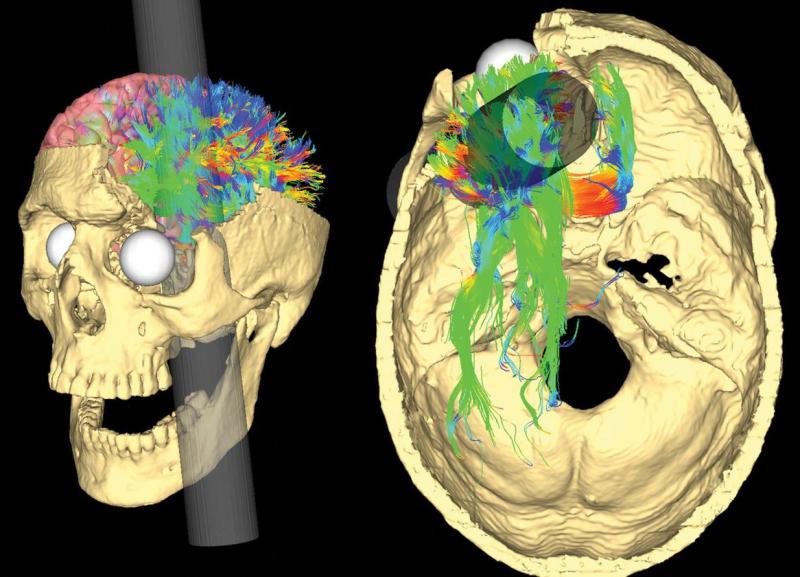The Role of Nutrition in Managing Diabetes:
Essential Dietary TipsManaging diabetes effectively requires more than just monitoring blood sugar levels and taking medication. Nutrition plays a pivotal role in controlling diabetes and maintaining overall health. By making thoughtful dietary choices, individuals can better manage their condition and enhance their quality of life.
Understanding Carbohydrates
Carbohydrates have a profound impact on blood sugar levels, and understanding their role is crucial for effective diabetes management. Not all carbohydrates are created equal; the key is to focus on the type and amount consumed. Complex carbohydrates, such as those found in whole grains, legumes, and vegetables, are digested more slowly than refined carbohydrates and sugars. This slow digestion helps maintain more stable blood sugar levels, reducing the risk of sudden spikes. By replacing refined carbs and sugary foods with complex carbs, individuals with diabetes can achieve better control over their blood glucose.
 Two renderings of Gage's skull show the likely path of the iron rod and the nerve fibers that were probably damaged as it passed through. Photo credit: Van Horn JD, Irimia A, Torgerson CM, Chambers MC, Kikinis R, et al./Wikimedia
Two renderings of Gage's skull show the likely path of the iron rod and the nerve fibers that were probably damaged as it passed through. Photo credit: Van Horn JD, Irimia A, Torgerson CM, Chambers MC, Kikinis R, et al./Wikimedia
The Importance of Fiber
Fiber is another important component of a diabetes-friendly diet. It helps slow the absorption of sugar into the bloodstream, which can prevent sharp increases in blood glucose levels. Including fiber-rich foods like fruits, vegetables, whole grains, nuts, and seeds can support better blood sugar control and overall digestive health. Aiming for at least 25 to 30 grams of fiber per day can also aid in feeling full and satisfied, which can help with weight management.
Lean Proteins and Healthy Fats
Incorporating lean proteins into your diet can help stabilize blood sugar levels. Proteins, such as those found in chicken, fish, tofu, and legumes, can slow the digestion of carbohydrates and improve satiety. This can prevent overeating and contribute to better blood glucose management.Healthy fats are equally important. Including sources of unsaturated fats, such as avocados, nuts, seeds, and olive oil, can benefit heart health, which is particularly relevant for individuals with diabetes who are at higher risk for cardiovascular issues. While it's essential to include these healthy fats, it's equally important to avoid trans fats and limit saturated fats to support overall well-being.
Effective diabetes management goes hand-in-hand with a thoughtful approach to nutrition. By focusing on balanced, nutrient-dense foods and practicing portion control, individuals with diabetes can better manage their blood sugar levels and improve their overall health. Consulting with a registered dietitian can provide personalized guidance and help create a dietary plan tailored to individual needs.
![[JA ARTICLE] The Role of Nutrition in Managing Diabetes: Essential Dietary Tips](https://sitmspst.blob.core.windows.net/images/articles/gestational-diabetes-mellitus-9cac03c1-53a8-4276-876b-adc5d8f9fe04-thumbnail.jpg)
 Two renderings of Gage's skull show the likely path of the iron rod and the nerve fibers that were probably damaged as it passed through. Photo credit: Van Horn JD, Irimia A, Torgerson CM, Chambers MC, Kikinis R, et al./Wikimedia
Two renderings of Gage's skull show the likely path of the iron rod and the nerve fibers that were probably damaged as it passed through. Photo credit: Van Horn JD, Irimia A, Torgerson CM, Chambers MC, Kikinis R, et al./Wikimedia